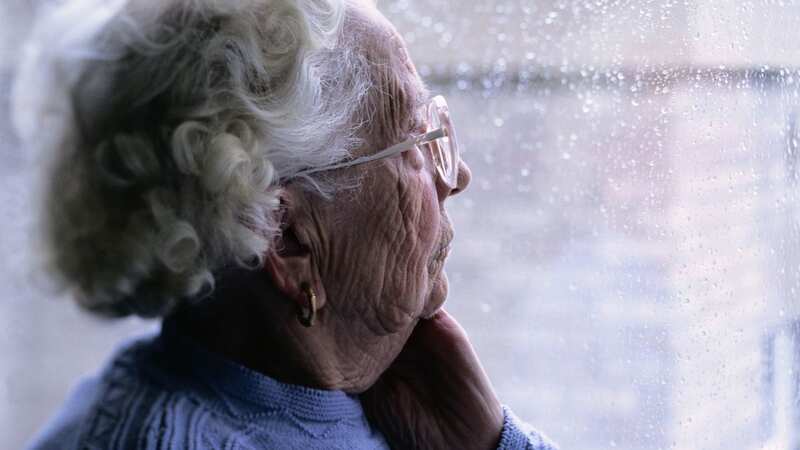'Poor public transport is bad for our health and happiness'

A change of scene always gives my spirits a lift and I am even prepared to travel alone to distant places such as India, Bhutan, Japan and China. And apparently it really has been doing me good because research suggests people who travel more are healthier.
University College London researchers found regularly travelling more than 15 miles away from your home means you are more likely to be in good health.
It seems people who visit a wider variety of places tend to see friends and family, and this socialising gives mind and body a boost.
Researchers analysed travel in my old stomping ground, the North of England, where residents face worse health outcomes than the rest of the country. Many rural and suburban areas there struggle with poor access to transport.
Specifically, they looked at the links between constraints to travel such as a lack of public transport, self-rated poor health, the number of different places visited, distance travelled, car use and public transport use.
 Nursery apologises after child with Down's syndrome ‘treated less favourably’
Nursery apologises after child with Down's syndrome ‘treated less favourably’
Author Dr Paulo Anciaes believes “the key variable is the number of different places people visit outside their local area. This links to more social participation and better health.”
Researchers conducted an online survey of 3,014 residents in the North. Constraints to travel have previously been identified as contributing to economic disadvantage and a lower sense of wellbeing in the region.
The study found the links between travel constraints, social participation and health were stronger among over 55s. Constraints to the number of places they could travel to was linked to less frequent contact with friends and joining in clubs.
Dr Anciaes explained: “Those aged over 55 are more likely to face other constraints to travel such as limited mobility. They are also more likely to suffer from loneliness.
“In the North of England, rural and suburban areas with limited access options are more likely to experience population loss as young people move to the cities in search of work and good travel options.
“Meanwhile, older generations are left behind in these areas with limited transport options. The range of places they can visit is low, leading to less social participation and lower levels of general health.
“The results of this study emphasise the need for public policies that reduce constraints to travel in the region, by providing better options for private and public transport that allows for more frequent and longer trips.”
Read more similar news:
Comments:
comments powered by Disqus































